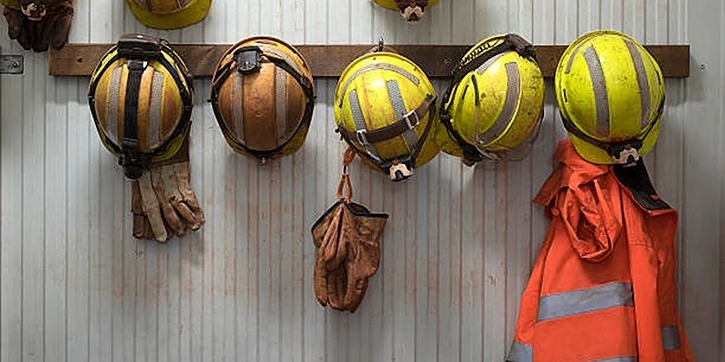In the demanding world of mining, men’s health often takes a back seat. Recognizing key symptoms of prostate cancer, mental health issues, and suicide risk is vital for well-being and building a supportive environment.
Prostate Cancer: Know the Signs
Prostate cancer is one of the most common cancers among men, especially those over 50. Some warning signs to watch for include:
- Frequent urination: Needing to go to the bathroom more often, especially at night.
- Painful urination or ejaculation: Experiencing discomfort when urinating or during sex.
- Blood in urine or semen: Noticing any unusual colors in urine or semen.
- Lower back or pelvic pain: Ongoing pain in these areas can be a sign of prostate issues.
If you notice any of these symptoms, it’s vital to talk to a healthcare professional. Early detection can save lives!
Men’s Mental Health: Breaking the Silence
Mental health is just as important as physical health, yet many men feel uncomfortable discussing their struggles. Signs that you or a friend might be experiencing mental health challenges include:
- Persistent sadness: Feeling down for an extended period.
- Irritability or anger: Increased frustration or anger over small issues.
- Withdrawal from activities: Losing interest in hobbies or socializing.
- Changes in sleep or appetite: Trouble sleeping or changes in eating habits.
It’s important to remember that asking for help is a sign of strength, not weakness. Sharing your feelings with trusted friends or professionals can lighten the burden.
Suicide Prevention: A Lifeline for Men
In the mining industry, where pressures can be high and isolation common, suicide rates among men are concerning. Recognizing warning signs can make a difference:
- Talking about feeling hopeless or trapped: If someone expresses despair, it’s crucial to take it seriously.
- Increased substance use: Turning to alcohol or drugs to cope with stress.
- Withdrawal from loved ones: Avoiding friends and family, which can indicate deeper issues.
If you or someone you know is in crisis, reach out for help (9-8-8). National hotlines and local support services are available to provide immediate assistance. Access support anytime, anywhere, with Avail’s online resources and connections to health professionals.
- Avail Team
- For more information visit Canadian Cancer Society
- Jennifer Redding, LCSW-C, Executive Director of the Klein Family Center
- University of Maryland Medical System (health.umms.org)
- https://www.canada.ca/en/public-health/services/suicide-prevention/warning-signs.html













